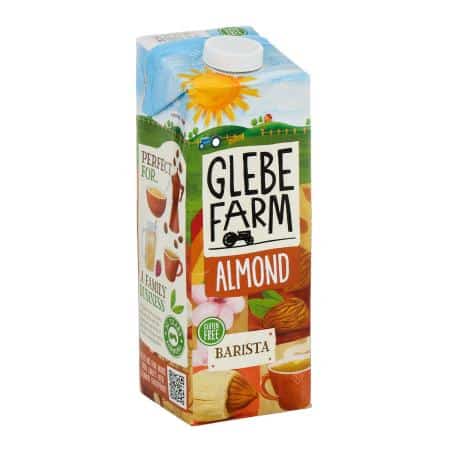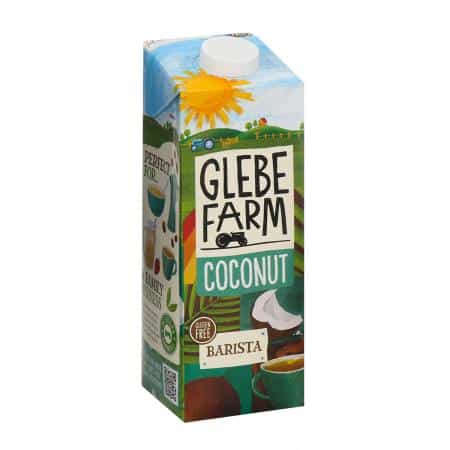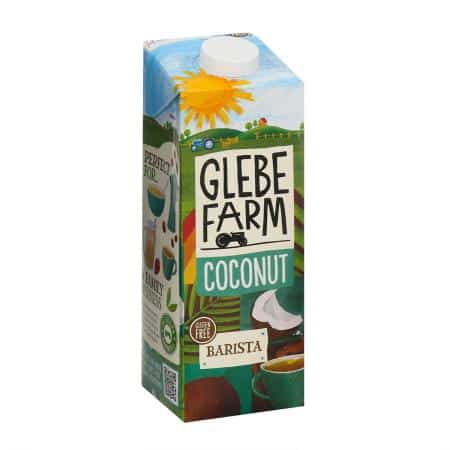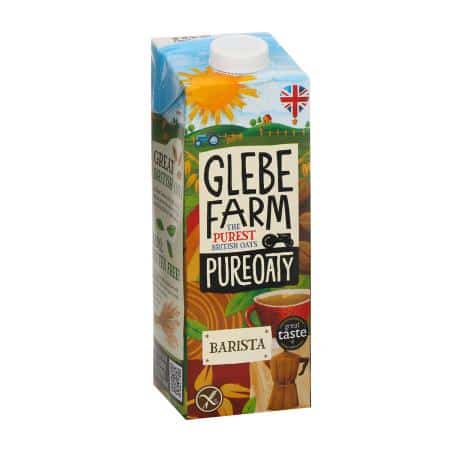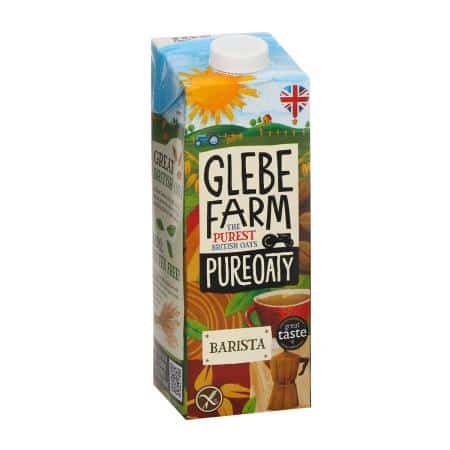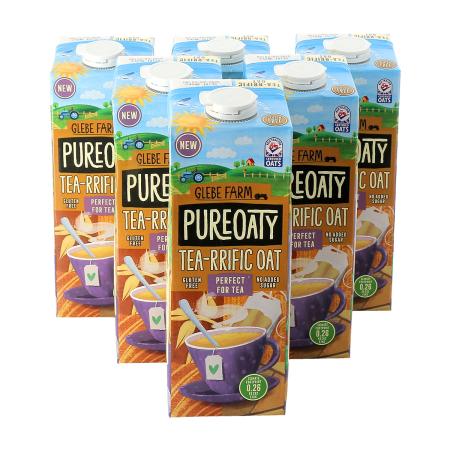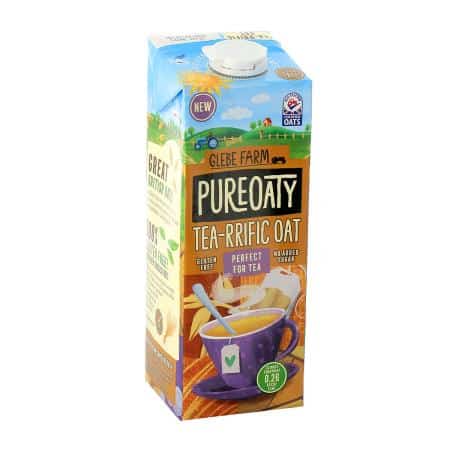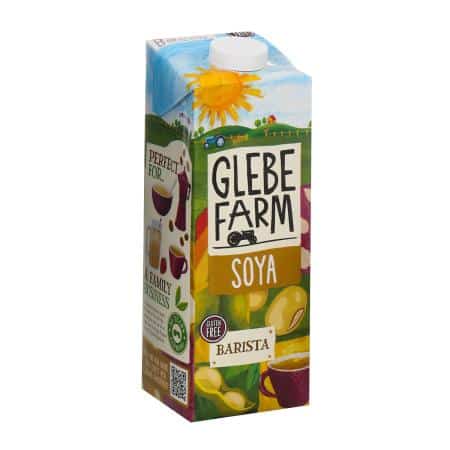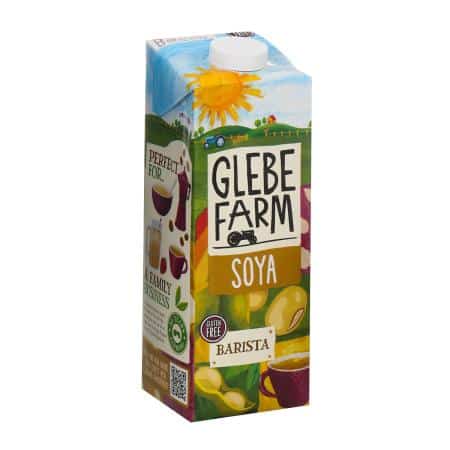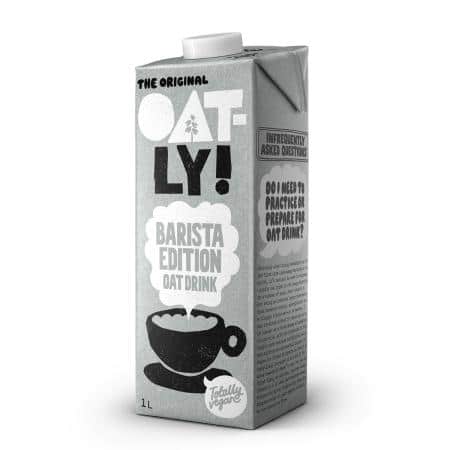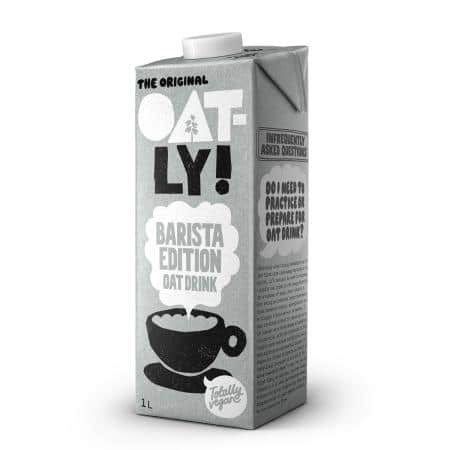Dairy-Free Milk Alternatives
Home - Dairy-Free Milk Alternatives
Discover the best dairy-free milk alternatives crafted for those seeking delicious, plant-based options. From almond and soy to oat and coconut, our wide selection offers nutritious, dairy-free milk alternatives perfect for smoothies, coffee, or cereal. Embrace a healthier lifestyle with these tasty, dairy-free milk alternatives that suit all dietary needs. Experience the freedom of versatile, dairy-free milk alternatives that deliver great taste without compromise, making every sip satisfying and guilt-free.
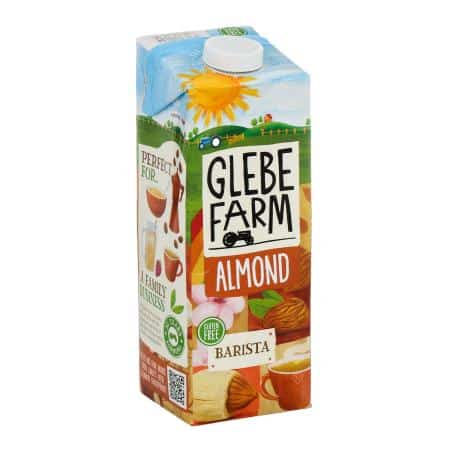
£3.16
£15.59
£2.90
£13.51
£2.72
£12.08
£12.99
£2.72
£2.72
£12.34
£15.46
£2.72
Discover the Best Dairy-Free Milk Alternatives – Your Perfect Plant-Based Choice
If you are wanting to get pleasure from the creamy goodness of milk without the dairy, you are in the proper place! Our premium dairy-free milk alternatives are designed to fulfill your taste buds whereas supporting your health and lifestyle. Whether you are lactose intolerant, vegan, or merely searching for a healthier option, our various selection provides one thing for everybody. Experience the rich flavors, smooth textures, and incredible benefits of plant-based milks — it is time to shop now and embrace a dairy-free lifestyle with confidence.Why Choose Dairy-Free Milk Alternatives?
Health Benefits
- Better digestion for these with lactose intolerance or dairy sensitivities
- Lower in saturated fats and cholesterol, selling heart health
- Rich in vitamins and minerals like calcium, vitamin D, and B12, supporting strong bones and total wellness
Environmental Impact
- Lower carbon footprint in contrast to traditional dairy farming
- Less water usage, serving to conserve valuable resources
- Supports sustainable and ethical food decisions
Versatility & Deliciousness
Our dairy-free milks are perfect for a variety of uses — from pouring over cereal and baking to making smoothies and coffee drinks. With a natural, clean taste and smooth texture, they seamlessly substitute dairy in all your favourite recipes. Plus, many of our options are flavored or unsweetened, letting you customize every sip or dish.Explore Our Range of Dairy-Free Milk Alternatives
Popular Options to Consider
- Almond Milk: Light, nutty flavor with a creamy texture — superb for coffee, cereal, and baking
- Oat Milk: Naturally sweet, smooth, and perfect for frothing in your morning coffee or tea
- Coconut Milk: Rich and tropical, great for cooking, smoothies, or adding a touch of unique flavor
- Soy Milk: Protein-packed with a impartial taste, excellent for everyday drinking and recipes
- Cashew Milk: Creamy and indulgent, perfect for desserts, sauces, or merely sipping
Why Our Dairy-Free Milks Stand Out
- High-quality ingredients sourced from trusted suppliers
- No artificial preservatives or flavors
- Vegan and non-GMO options out there to go well with your ethical decisions
- Affordable prices so that you can stock up and get pleasure from daily
Order Your Dairy-Free Milk Alternatives Today
Ready to make the switch? Don’t wait — buy now and experience the delicious, nutritious, and eco-friendly benefits of our dairy-free milk alternatives. Whether you need to shop online from the consolation of your home or pick up in-store, we make it easy to get the plant-based milks you’re keen on. Elevate your daily routine, support sustainable residing, and get pleasure from the creamy taste you crave — all without dairy. Remember, discovering the perfect dairy-free milk is only a click on away. So go forward, order at present and take the first step toward a healthier, extra compassionate lifestyle. Your taste buds — and the planet — will thanks!- Best Selling!

